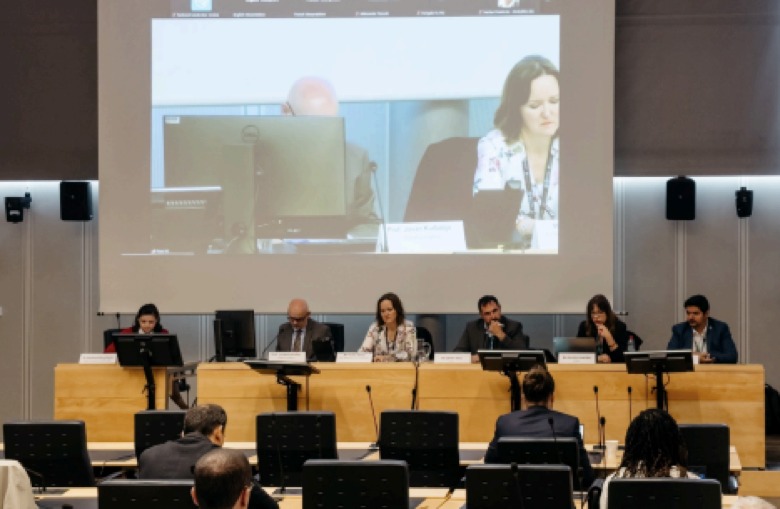The CADE project, co-funded by the European Union, was a key focus of a recent panel discussion. Led by Stephanie Psaila (DiploFoundation), the project aims to empower civil society organizations (CSOs), particularly those from developing countries, to participate effectively in shaping internet governance and digital standards.
Challenges for CSO Participation include limited opportunities to contribute meaningfully to digital policy discussions; financial barriers where membership fees for standard-setting bodies can be a significant hurdle; and unequal representation of organisations from developed countries currently holds greater sway in these discussions.
CADE Project Solutions
The project provides tailored training to improve CSOs’ skills in Internet governance and facilitate constructive dialogue with policymakers.
The Importance of Multistakeholderism
Abed Kataya (SMEXS) shared an example from Lebanon, highlighting the positive outcomes of collaboration between CSOs and governments on data protection and transparency.
This underscores the importance of a multistakeholder approach that includes diverse perspectives.
The EU’s Commitment
Radka Sibille (EU) explained how the EU’s support for CADE aligns with its strategy for a human-centric and rights-based digital transformation.
The EU champions an independent civil society voice in international debates, separate from state delegations.
CSO Expertise in ITU
Olivier Allais (ITU) acknowledged the value of CSO expertise in social science and human rights.
He outlined existing mechanisms for CSO engagement within ITU but admitted there’s room for improvement, particularly regarding inclusivity in study groups.
Moving Beyond “Fake Inclusivity”
Jovan Kurbalija (DiploFoundation) stressed the need for genuine capacity development to ensure local communities, especially those from developing countries, are meaningfully represented in discussions about emerging technologies.
Open Access to Standards
The panel discussed the need for freely accessible standards, considering them a public good. They called for donor support to cover standard-setting costs, similar to the open-access model for scientific articles.
The panel recognized the vital role of CSOs and the necessity of a multistakeholder approach in shaping digital policy. The CADE project provides a model for overcoming challenges faced by CSOs, ultimately promoting a more inclusive digital world.
The EU’s support reflects the global importance of this initiative. Additionally, the discussion highlighted the need to recognize expertise and innovation within the Global South and for policy-making institutions to be more receptive to diverse perspectives.
In conclusion, KICTANet is actively contributing to the CADE project by enhancing the capacity of civil society organizations in Kenya to engage in internet governance and digital standards discussions.
Neema Mujesia is the communications officer at KICTANet. She also works in the Gender Digital Rights Program and advocates for human rights for all in the technology industry.
![]()




